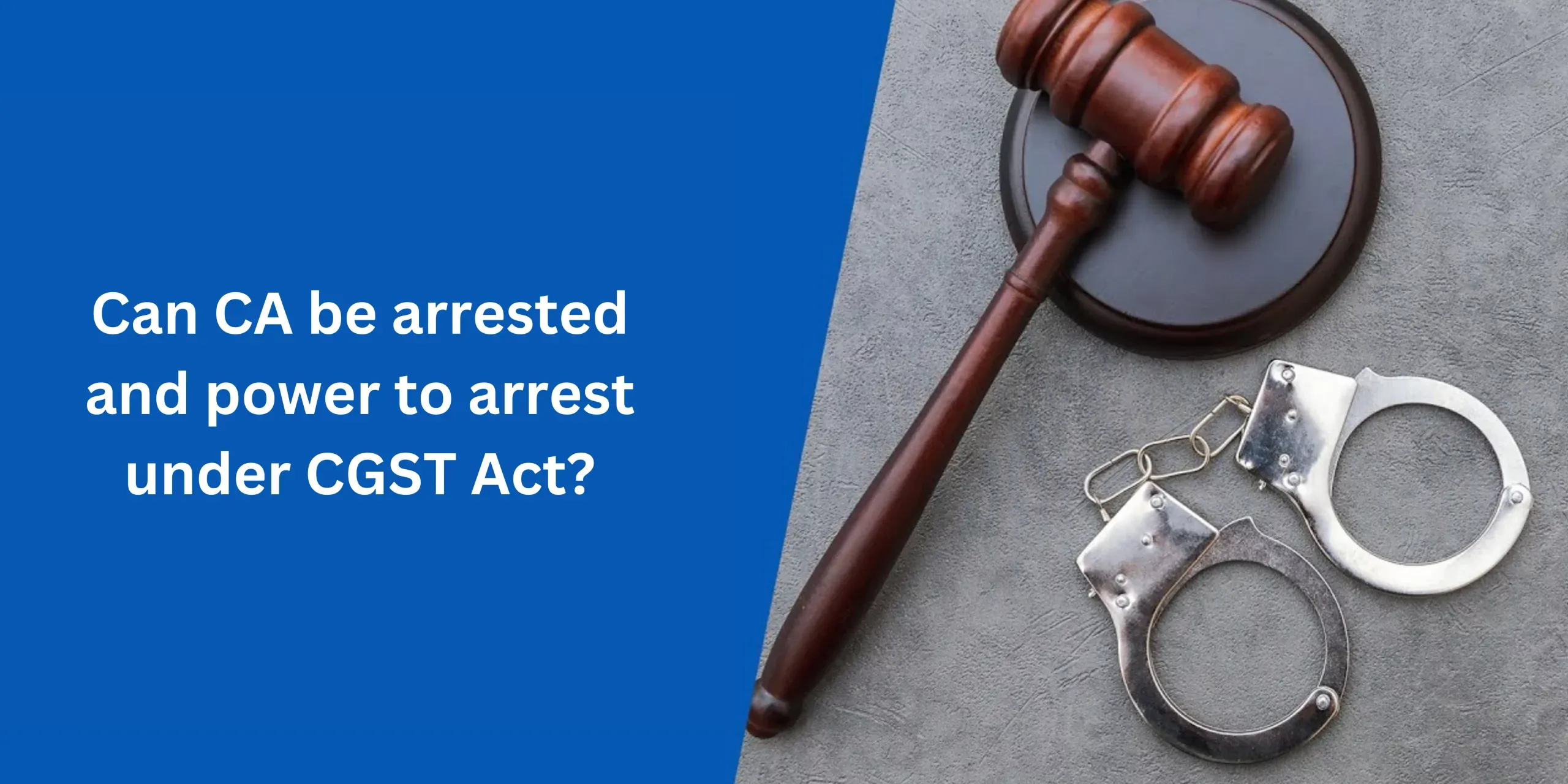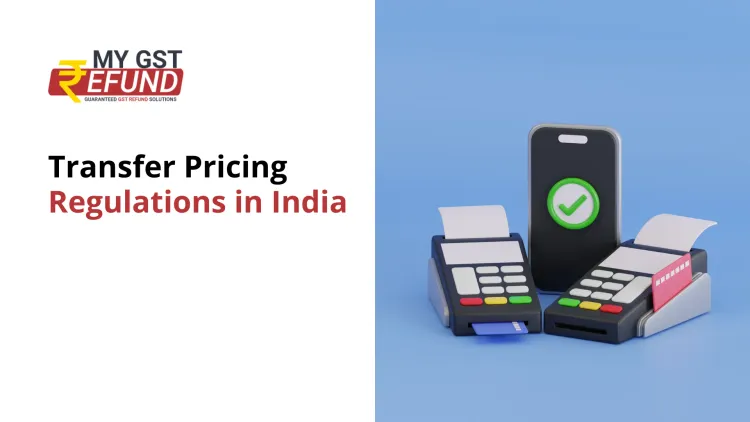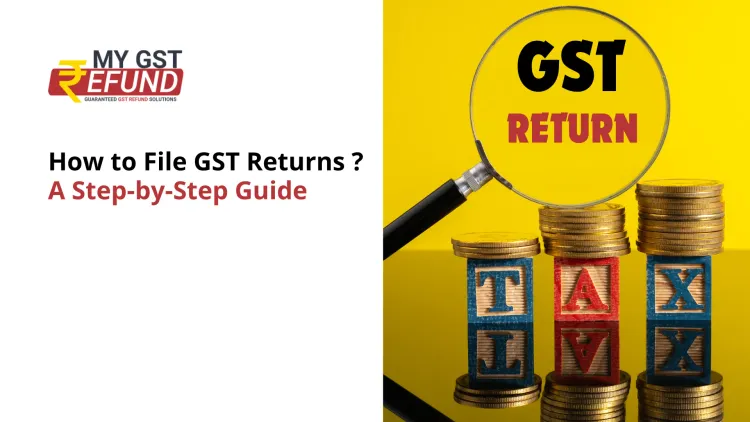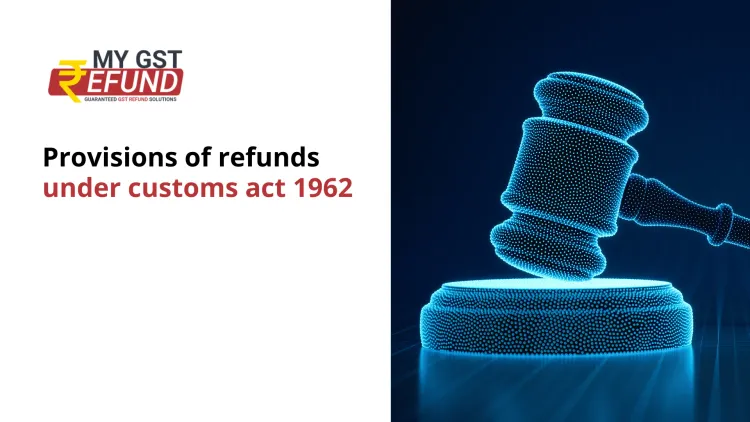Can CA be arrested and power to arrest under CGST Act?
Published on: Mon Jun 13 2022
Recently, the arrest of the two CAs based in Gurgaon led to a protest and agitation led by a member of the Institution of Chartered Accountants(CA) of India against the officer of the CGST.
The officer of the CGST had alleged that the two CAs were involved in incorporating the fake companies and helped them claim the wrong Input Tax Credit (ITC) of INR 15 Crore. Further, the officer of the CGST also alleged that both of them issued the audit report of fake companies.
After the incident, many questions revolved across the nation like Can CGST officers arrest a CA and harass them? because scrutiny was done by the officer before issuing the refund, if the scrutiny was done by the CGST department then what is the fault of the CA, and what is the power of arrest under the law.
Many members of the ICAI claimed that rather than arresting and punishing Chartered Accountants, action should be taken against the beneficiary party.
Power to Arrest – Section 69
The provision to arrest empowers the GST commissioner to arrest the person in those cases where the person is involved in offences specified for the purposes of arrest and the tax amount involved in such offence is more than the specified limit.
The relevant phrase of section 69(1) of the Central Goods and Service Act, 2017 reads as:
69, Power to arrest.
Where the Commissioner has reasons to believe that a person has committed any offence specified in clause (a) or clause (b) or clause (c) or clause (d) of sub-section (1) of section 132 which is punishable under clause (i) or (ii) of sub-section (1), or sub-section (2) of the said section, he may, by order, authorise any officer of central tax to arrest such person.”
At this juncture, it is pertinent to mention here Section 132 of the Central Goods and Service Tax Act, 2017, relevant portions of the same are extracted below for ease of reference:
132, Punishment for certain offences:
Whoever commits, or causes to commit and retain the benefits arising out of, any of the following offences” namely:
(a) supplies any goods or services or both without the issue of any invoice, in violation of the provisions of this Act or the rules made thereunder, with the intention to evade tax;
(b) issues any invoice or bill without supply of goods or services or both in violation of the provisions of this Act, or the rules made thereunder leading to wrongful availment or utilisation of input tax credit or refund of tax;
- c) “avails input tax credit using such invoice or bill referred to in clause (b) or fraudulently avails input tax credit without any invoice or bill;”
(d) collects any amount as tax but fails to pay the same to the Government beyond a period of three months from the date on which such payment becomes due;
Shall be punishable,
(i) in cases where the amount of tax evaded or the amount of input tax credit wrongly availed or utilised or the amount of refund wrongly taken exceeds five hundred lakh rupees, with imprisonment for a term which may extend to five years and with a fine;
(ii) in cases where the amount of tax evaded or the amount of input tax credit wrongly availed or utilised or the amount of refund wrongly taken exceeds two hundred lakh rupees but does not exceed five hundred lakh rupees, with imprisonment for a term which may extend to three years and with fine;
(2) Where any person convicted of an offence under this section is again convicted of an offence under this section, then, he shall be punishable for the second and for every subsequent offence with imprisonment for a term which may extend to five years and with fine.
(3) The imprisonment referred to in clauses (i), (ii) and (iii) of sub-section (1) and sub-section (2) shall, in the absence of special and adequate reasons to the contrary to be recorded in the judgment of the Court, be for a term not less than six months.
(4) Notwithstanding anything contained in the Code of Criminal Procedure, 1973, (2 of 1974) all offences under this Act, except the offences referred to in sub-section (5) shall be non-cognizable and bailable.
(5) The offences specified in clause (a) or clause (b) or clause (c) or clause (d) of sub-section (1) and punishable under clause (i) of that sub-section shall be cognizable and non-bailable.”
At this juncture, after reading both provisions that are sections 69 and 132 of the CGST Act, 2017, As per section 69 of the CGST, Act 2017 the power of arrest can only be invoked, when the commissioner has reason to believe that relying upon the credentials evidence or documents, a person has committed the specified offence. However, Section 132 of the CGST Act, 2017 does not use the word “reason to believe” while it uses the term whoever commits and causes to commit and retains benefit from the specified offence.
At this juncture, if the CA files the returns and takes the professional fees, then at that time two conditions should be matched for the prosecution under section 132 of the CGST Act, 2017.
- Causes to commit and,
- Retaining benefit.
Therefore, it cannot be said that CA has committed an offence. Professional fees cannot be said as retaining the benefit because he is charging the professional fee for the furtherance of their business. If the CGST officer wants to arrest the tax professional, then it should also have used the term “causes to commit and retains the benefit of” but this term has not been used in the act. Therefore, the CGST officer has to establish that the particular CA professional has committed the specified offence and retained the benefit which can only be established by the issuing of a Show Cause Notice under section 74 of the CGST Act, 2017.
What are the SC guidelines on the installation of CCTV cameras across the Police Station?
Fair and proper investigation is the fundamental right of the citizen. It is the responsibility of government officials to carry out a fair and proper investigation without infringing on the fundamental rights and human rights of the citizen. In every civilized society, the police force is invested with the powers of investigating of a crime to secure punishment for the criminal and it is in the interest of the society that the investigating agency must act honestly and fairly and not resort to fabricating false evidence or creating false clues only with a view to secure a conviction because such acts shake the confidence of the common man not only in the investigating agency but in the ultimate analysis in the system of dispensation of criminal justice. The proper result must be obtained by recourse to proper means, otherwise, it would be an invitation to anarchy.”
But, nowadays situation is different and the investigation officer are misusing their powers and infringing the fundamental and human rights that are granted by the Indian constitution at the time of interrogation.
However, from time to time many High Court and Supreme Court pronounced their judgement or order regarding the fair and proper investigation. The Supreme Court in many judgements stated that citizen has the right to get a fair and proper investigation under Article 21 of the Indian Constitution.
At this juncture, it is pertinent to mention here the judgement of Paramvir Singh Saini v. Baljit Singh, (2020) 7 SCC 397, where the Supreme Court directed the Central government, State government, Ministry of Home Affairs to install CCTV in all central and state government officials where the interrogation takes place. In this regard, Further Supreme Court stated that whether there are central agencies like CBI, NIA, NCB, ED or any other agencies which are established under the state government like CID, Police station, or Interrogation Centre, it is mandatory to install the CCTV camera and, if the incident occurred in this particular jurisdiction and the court found that footage of CCTV is necessary to watch then at that court could summon the authority for the footage.
What are the guidelines issued by the SC in making an arrest of any citizen?
At this juncture, it is pertinent to mention here the Supreme Court guidelines with regard to arrest and detention. In the case of D.K. Basu v. the State of W.B., (1997) 1 SCC 416, the Supreme Court observed the increase in the frequency of death in custody and violation of the human rights of the citizen at the time of arrest and interrogation. In this regard, the Supreme Court found that there is no machinery to effectively deal with such allegations.
In this regard, the Supreme Court issued the 11 guidelines and the relevant portion of the judgement is extracted below for ease of reference:
- Police personnel arresting and interrogating suspects should wear “accurate, and clear” identification and name tags with their designation. The particulars of all such police personnel who handle the interrogation of the arrestee must be recorded in a register.
- A memo of arrest must be prepared at the time of the arrest. This memo should have the time and date of arrest. This memo must be attested by at least one witness who may either be a family member of the person arrested or a respectable person of the locality where the arrest was made. It must be counter-signed by the person arrested
- The person arrested, detained or being interrogated in custody in a police station or interrogation centre or other locks up has a right to have a relative, friend or well-wisher informed as soon as practicable, of the arrest and the place of detention or custody. If the person to be informed has signed the arrest memo as a witness this is not required
- Where the friend or relative of the person arrested lives outside the district, the time and place of arrest and venue of custody must be notified by police within 8 to 12 hours after arrest. This should be done by telegram through the District Legal Aid Authority and the concerned district and police station.
- The person arrested should be told of the right to have someone informed of the arrest, as soon as the arrest or detention is made.
- An entry must be made in the diary at the place of detention about the arrest, the name of the person informed and the name and particulars of the police officers in whose custody the person arrested is. This should include details of all events from police officers leaving police station arrest to bringing the arrestee to custody. It includes details of all police officers involved, and the mode of transportation including details of the vehicle used. It should also disclose the name of the next friend of the person who has been informed of the arrest.
- The person being arrested can request a physical examination at the time of the arrest. Minor and major injuries if any should be recorded. The “Inspection Memo” should be signed by the person arrested as well as the arresting police officer. A copy of this memo must be given to the person arrested.
- The arrestee must have a medical examination by a qualified doctor every 48 hours during detention in custody. This should be done by a doctor who is on the panel of approved doctors, which must be constituted by the Director of Health Services of every State or union territory. The director of health Services should prepare such a penal for all Tehsils and Districts as well.
- Copies of all documents including the arrest memo have to be sent to the Area Magistrate (Illaqa Magistrate) for his record.
- The arrestee has a right to meet a lawyer during the interrogation, although not throughout the interrogation.
- There should be a police control room in every District and State headquarters where information regarding the arrest and the place of custody of the person arrested must be sent by the arresting officer. This must be done within 12 hours of the arrest. The control room should prominently display the information on a notice board.
Conclusion
There is a difference between negligence and fraud committed with the intention. Negligence does not involve a criminal offence unless it has been proved that a particular act has been done to take undue advantage of the situation. As per the legal provision, the GST officer should not arrest the CA because establishing the facts and criminal intention with men’s rea of the CA. There is the Chartered Accountant Act, 1949 which empowers the authority to punish the member of the CA when he is involved in any negligence in performing their duty. Chartered Accountants cannot be charged with a crime unless they can prove their criminal intent.
Are you Looking for a GST Refund Service? Mygstrefund.com offers GST refunds on business, exports, and many more if your GST application is rejected. Get in touch with us today.
Related Posts





